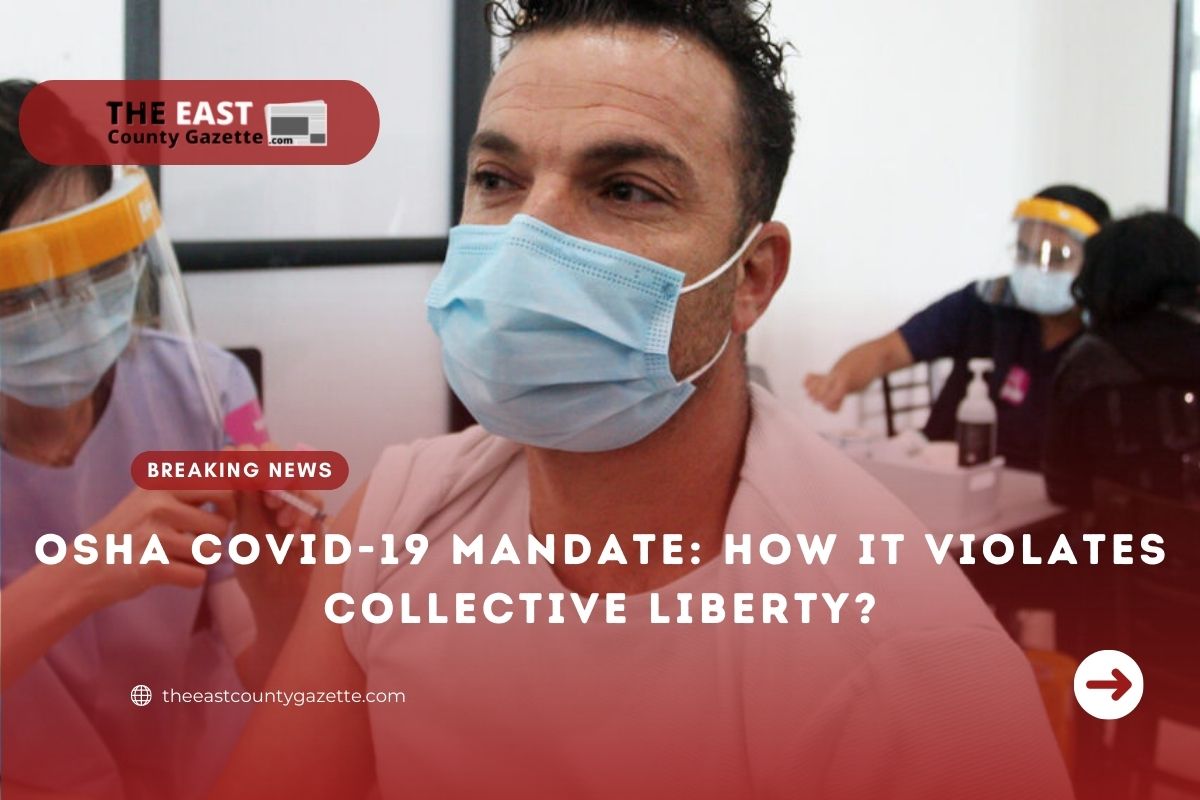An ISHA regulation requiring covered employers to instruct their employees to undergo a COVID-19 vaccination or take COVID-19 tests each week and wear masks as part of a COVID-19 vaccination program “violates the constitutional structure that safeguards our collective liberty,” the Fifth Circuit disclosed.
Earlier this year in June, the Occupational Safety and Health Administration (OSHA) determined the emergency temporary standard as “not necessary” to “protect working people from occupational exposure to infectious disease, including COVID-19.”
Over the last 50 years, OSHA has repeatedly refused to issue ETSs in several instances, even when legally compelled to.
A directive issued by OSHA on Nov. 5 required covered employers’ employees to receive COVID-19 vaccinations or undergo weekly COVID-19 tests and put on masks, leading prompting a number of petitions.
During the briefing and expedited judicial review, the Fifth Circuit concurred to stay the mandate.
The justices affirmed the initial stay six days later.
Read More: How T-cells in Your Immune System Are Protecting From Covid-19 Infection?
“On the dubious assumption that the Mandate does pass constitutional muster—which we need not decide today—it is nonetheless fatally flawed on its own terms,” justices opined, finding that OSHA “grossly exceeded” its statutory authority.
Consequently, the Fifth Circuit dictated that OSHA’s mandate is “a one-size-fits-all sledgehammer that makes hardly any attempt to account for differences in workplaces.”
“The Constitution vests a limited legislative power in Congress,” the opinion continued.
“For more than a century, Congress has routinely used this power to delegate policymaking specifics and technical details to executive agencies charged with effectuating policy principles Congress lays down. In the mine run of cases—a transportation department regulating trucking on an interstate highway, or an aviation agency regulating an airplane lavatory—this is generally well and good.
“But health agencies do not make housing policy, and occupational safety administrations do not make health policy. In seeking to do so here, OSHA runs afoul of the statute from which it draws its power and, likely, violates the constitutional structure that safeguards our collective liberty.”

